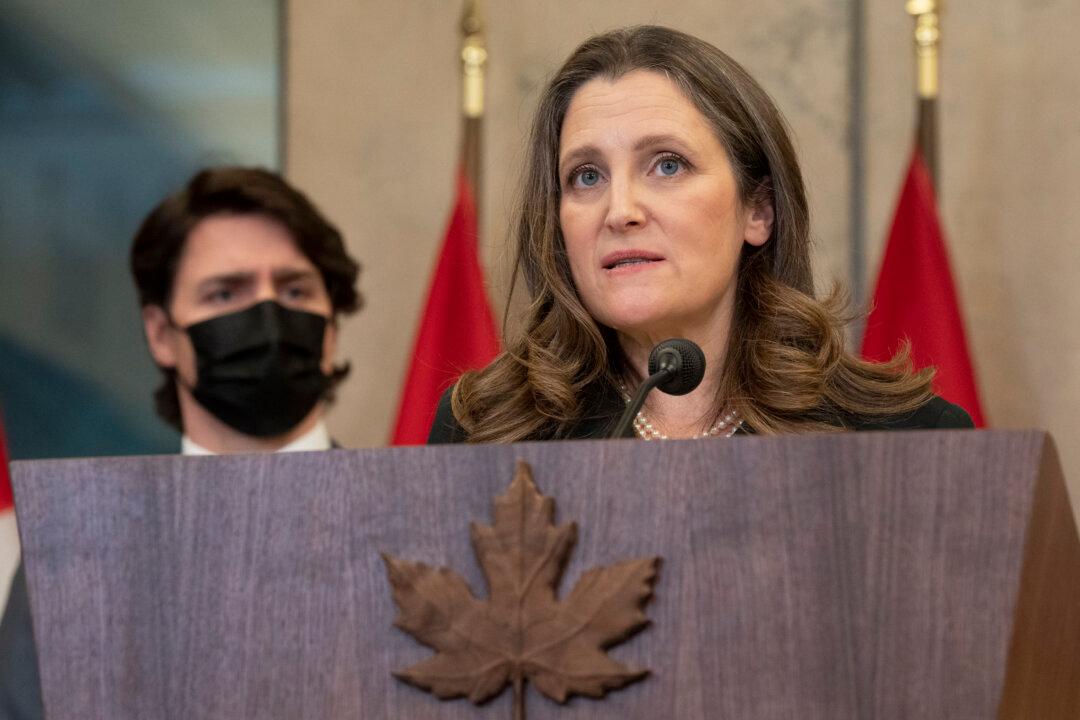Some are welcoming the new law enforcement agency announced in Budget 2022 to help tackle Canada’s significant money laundering problem, while also expressing concern over its potential use to block crowdfunding for certain efforts if adequate safeguards aren’t in place—as they say occurred for the convoy protests against COVID-19 mandates.
The federal budget proposed providing $2 million in the current fiscal year to the new Canada Financial Crimes Agency—under Public Safety Canada, the department responsible for the RCMP—to begin work “to develop and design the new agency.”





